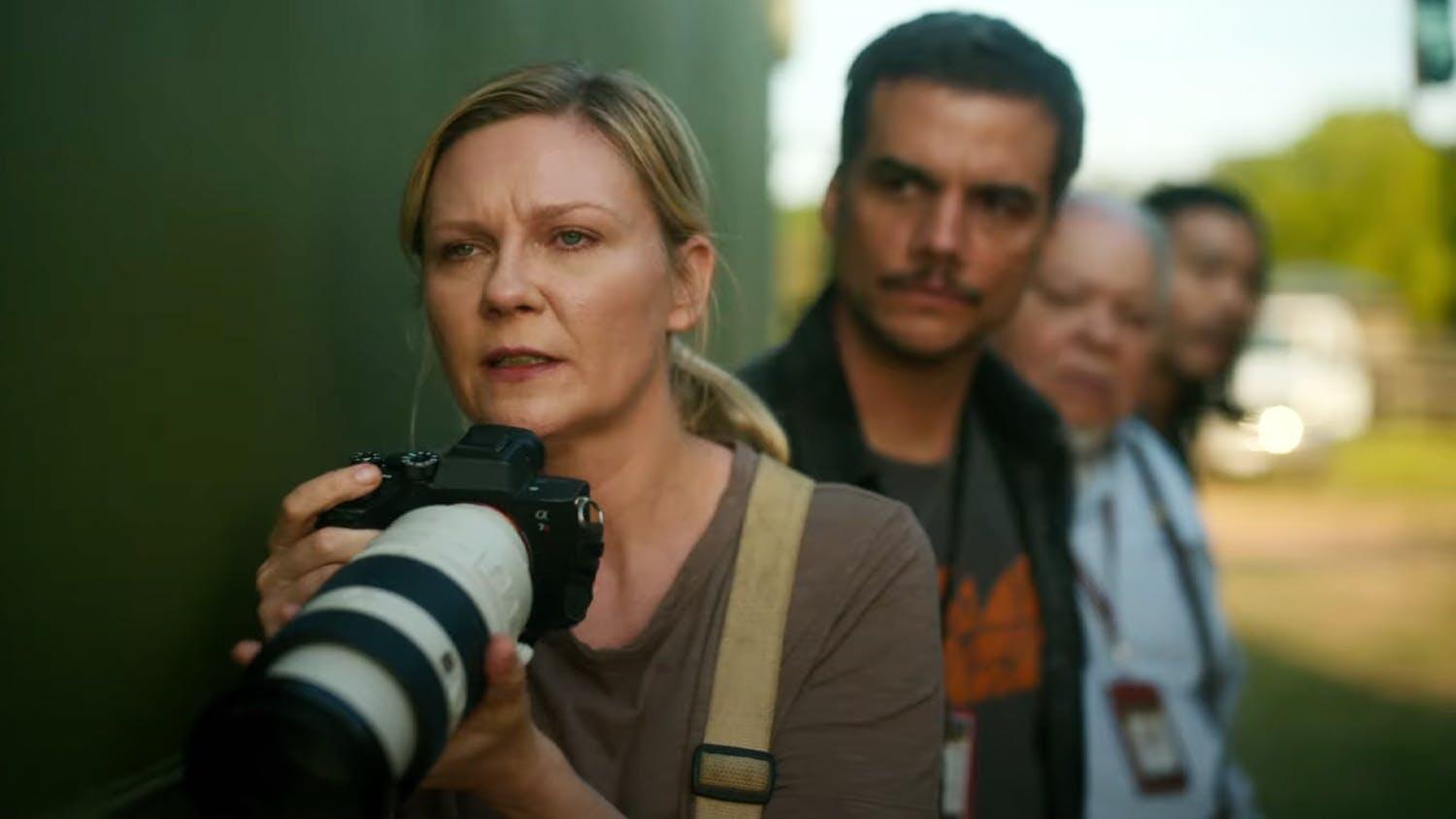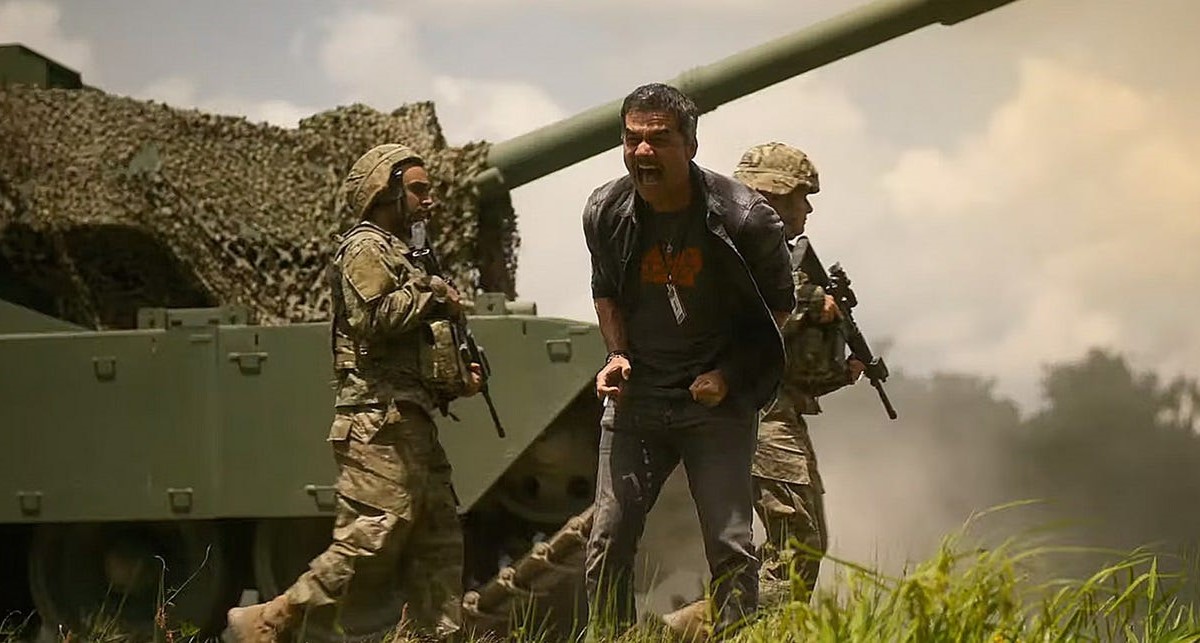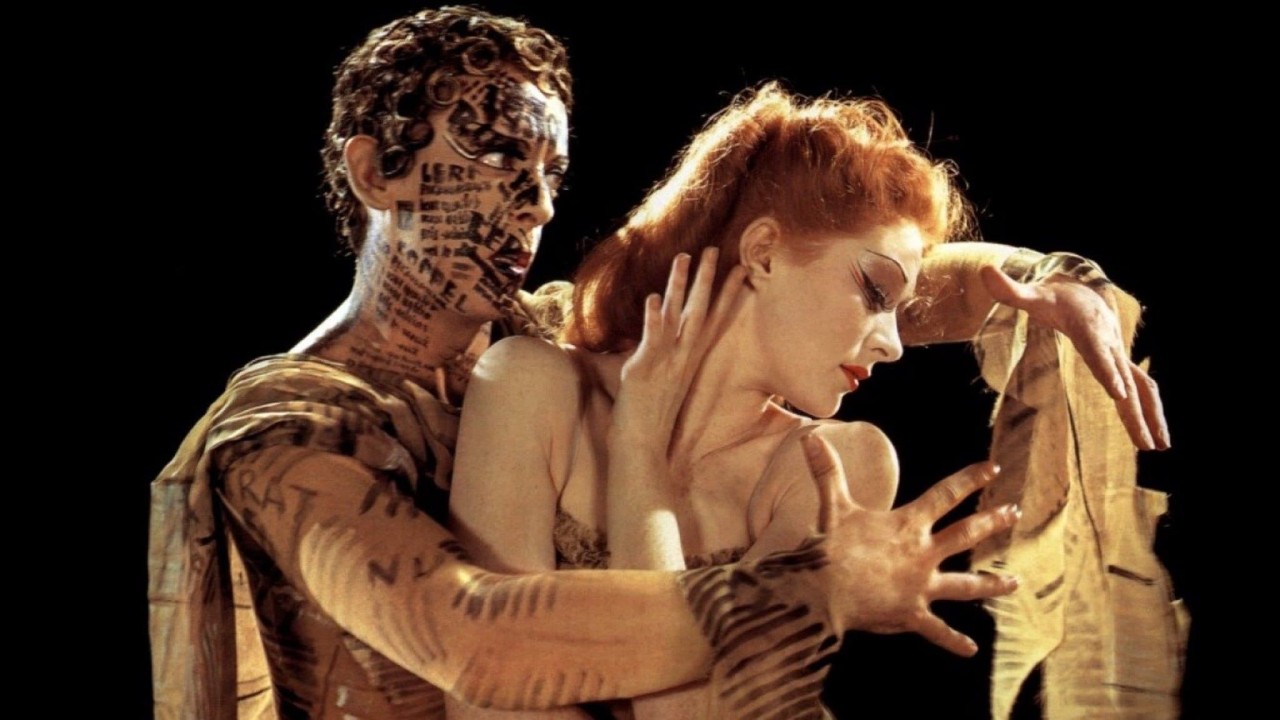by Vincent Canby
Michael’s Cimino’s The Deer Hunter is a big, awkward, crazily ambitious, sometimes breathtaking motion picture that comes as close to being a popular epic as any movie about this country since The Godfather. Though he has written a number of screenplays, Mr. Cimino has only directed one other movie (the 1974 box-office hit, Thunderbolt and Lightfoot), which makes his present achievement even more impressive. Maybe he just didn’t know enough to stop. Instead, he’s tried to create a film that is nothing less than an appraisal of American life in the second half of the 20th century.
I don’t mean to make The Deer Hunter sound like War and Peace or even Gone With the Wind. Its view is limited and its narrative at times sketchy. It’s about three young men who have been raised together in a Pennsylvania steel town, work together in its mill, drink, bowl and raise hell together, and then, for no better reason than that the war is there, they go off to fight in Vietnam.
The Deer Hunter, which opens today at the Coronet, is an update on the national dream, long after World War II when America’s self-confidence peaked, after the Marshall Plan, after Korea, dealing with people who’ve grown up in the television age and matured in the decade of assassinations and disbelief.
The three friends, all of Russian extraction, are Mike (Robert De Niro), Nick (Christopher Walken) and Steve (John Savage). Mike is the one who calls the tune for his friends. To the extent that any one of them has an interior life, it is Mike, a man who makes a big thing about hunting, about bringing down a deer with one shot. More than one shot apparently isn’t fair. As codes go this one is not great, but it is his own.
Nick goes along with Mike, sometimes suspecting that Mike is eccentric, but respecting his eccentricities. Steve is the conventional one, whose marriage (a Russian Orthodox ceremony, followed by a huge, hysterical reception) occupies most of the film’s first hour and sets out in rich detail what I take to be one of the movie’s principal concerns—what happens to Americans when their rituals have become only quaint reminders of the past rather than life-ordering rules of the present.
Mr. Cimino has described his treatment of the three friends’ war experiences as surreal, which is another way of saying that a lot of recent history is ellipsized or shaped to fit the needs of the film. What is not surreal is the brutality of the war and its brutalizing effects, scenes that haunt The Deer Hunter and give point to the film even as it slips into the wildest sort of melodrama, which Mr. Cimino plays out against the background of the collapse of Saigon and the American withdrawal from Southeast Asia. It’s Armageddon with helicopters.
Most particular and most savage is the film’s use of Russian roulette as a metaphor for war’s waste. It’s introduced when the three friends, prisoners of war of the North Vietnamese, are forced by their captors to play Russian roulette with one another. The game crops up again in Saigon where, according to this film, it was played in back-street arenas rather like cockfighting pits, for high-dollar stakes. These sequences are as explicitly bloody as anything you’re likely to see in a commercial film. They are so rough, in fact, that they raise the question of whether such vivid portrayals don’t become dehumanizing themselves.
More terrifying than the violence—certainly more provocative and moving—is the way each of the soldiers reacts to his war experiences. Not once does anyone question the war or his participation in it. This passivity may be the real horror at the center of American life, and more significant than any number of hope-filled tales about raised political consciousnesses. What are these veterans left with? Feelings of contained befuddlement, a desire to make do and, perhaps, a more profound appreciation for love, friendship and community. The big answers elude them, as do the big questions.
Deric Washburn’s screenplay, which takes its time in the way of a big novel, provides fine roles for Mr. De Niro, Mr. Walken and Mr. Savage, each of whom does some of his best work to date. Meryl Streep, who has long been recognized for her fine performances on the New York stage, gives a smashing film performance as the young woman, who, by tacit agreement among the friends, becomes Nick’s girl but who stays around long enough to assert herself. In the splendid supporting cast are George Dzundza, Chuck Aspegren, Shirley Stoler and Rutanya Alda. The late John Cazale makes his last film appearance a memorable one as the kind of barroom neurotic who might at any moment go seriously off his rocker.
The film has been stunningly photographed by Vilmos Zsigmond, who provides visually a continuity that is sometimes lacking in the rest of the movie. The Deer Hunter is both deeply troubling and troublesome (for the manner in which Mr. Cimino manipulates the narrative), but its feelings for time, place and blue-collar people are genuine, and its vision is that of an original, major new film maker.
The New York Times, December 15, 1978




